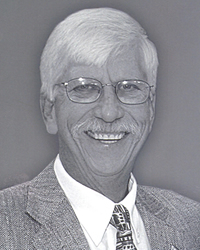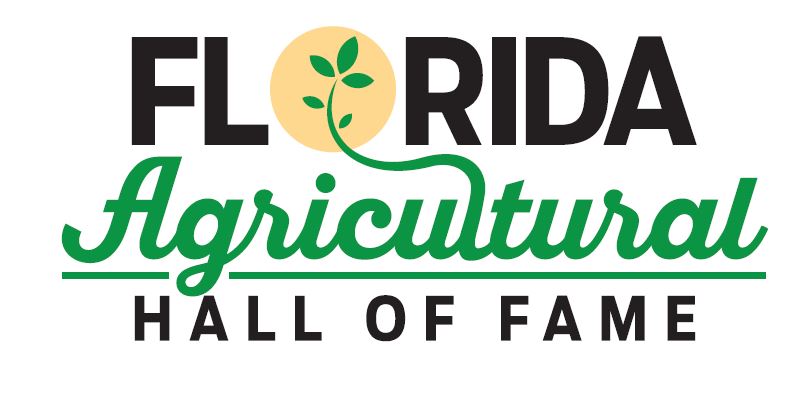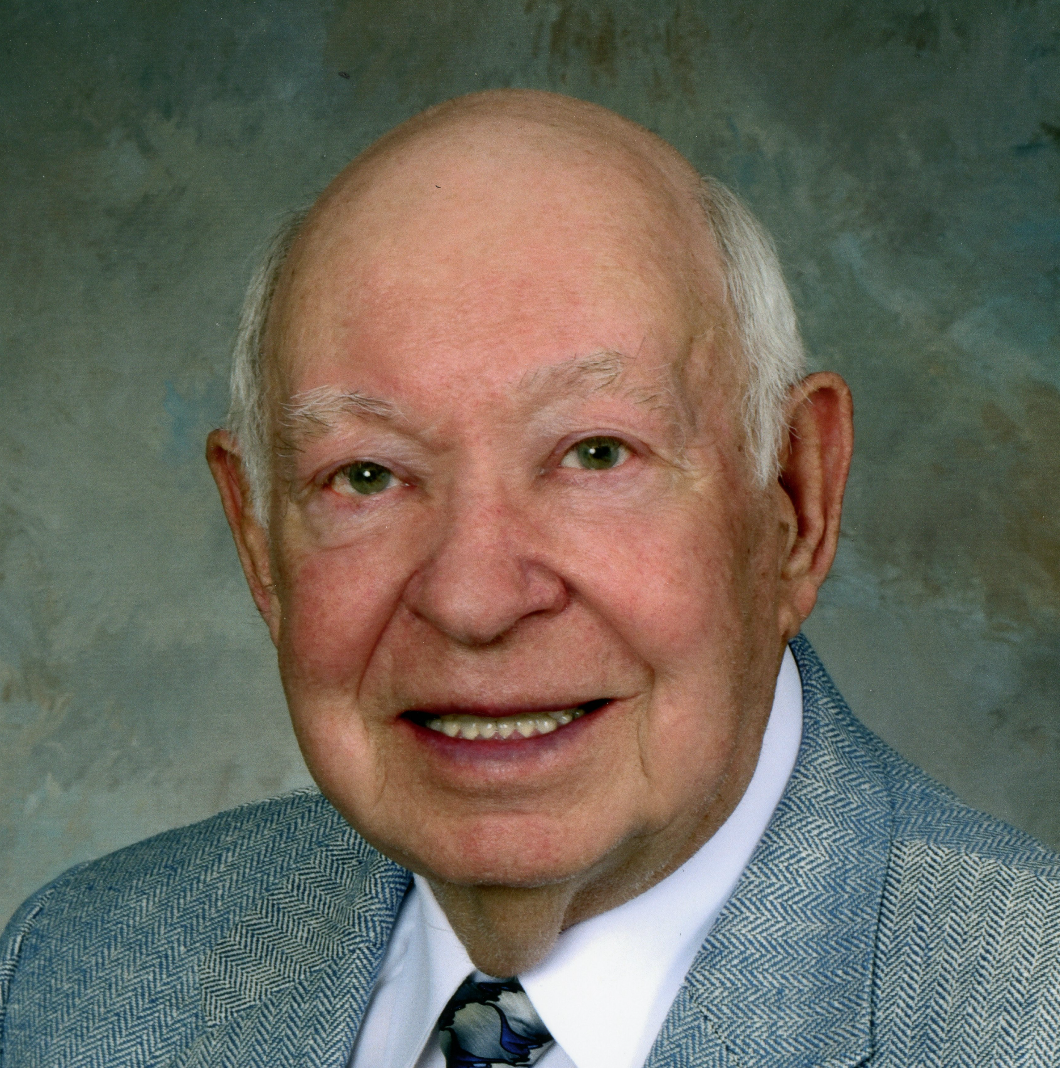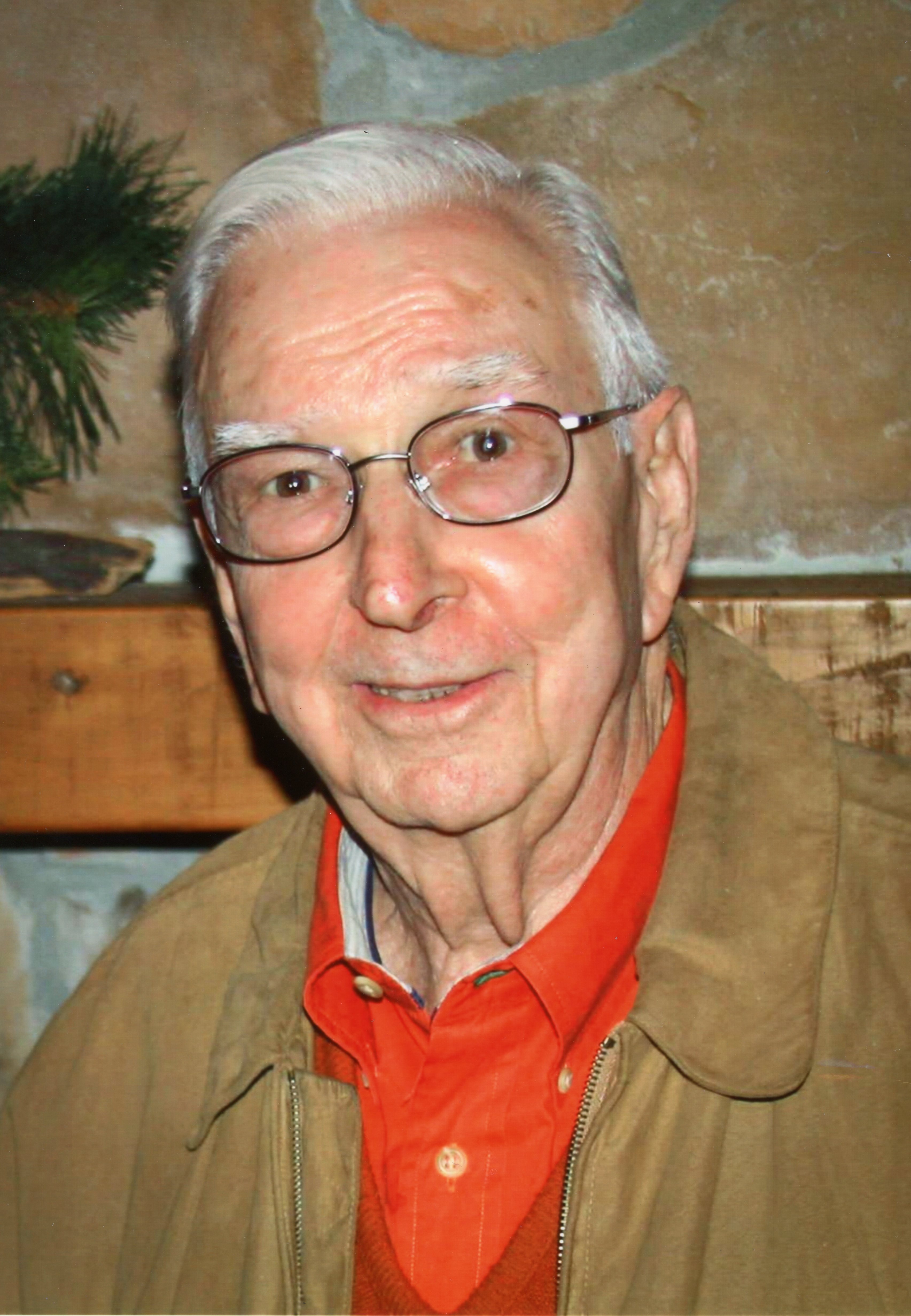
Pat Cockrell is a former agriculture teacher and a longtime leader of the Florida Farm Bureau. Through his work with the public schools and the Farm Bureau and his volunteer efforts with 4-H and FFA, he has proven himself to be a tireless champion of agriculture, especially agricultural research and education.
Born in 1946 in Lakeland, Cockrell earned a bachelor’s degree in agriculture from the University of Florida. From 1970 to 1975 he taught vocational agriculture at Bartow High School. During this period he was recognized by the National Vocational Agriculture Teachers Association as one of the five best vocational ag teachers in the nation.
He joined the Florida Farm Bureau Federation as a field representative in 1978. He later served as the organization’s director of agricultural policy. For the last 30 years he has served as assistant to the president, aiding the president of the Farm Bureau in all aspects of management and board relations. He advises the board and staff and serves as resident agent and assistant secretary-treasurer for the Florida Farm Bureau Companies.
Cockrell’s accomplishments in this position are many. In the mid-1980s he worked with Agriculture Commissioner Doyle Conner’s staff to help create a citrus canker indemnification plan. The plan included a historic agreement by the federal government to help foot the bill for lost trees.
In the early 1990s, when the North American Free Trade Agreement was being debated in Congress, Cockrell coordinated a visit to Mexico by a group of Florida citrus growers that helped highlight the dangers that the agreement could pose to Florida agriculture. Informed opposition to NAFTA helped set the stage for future debate on trade pacts that could be detrimental to Florida and American agriculture.
When a major infestation of the Mediterranean fruit fly threatened Florida’s citrus industry in the mid-1990s, Cockrell spearheaded the Florida Farm Bureau’s efforts to explain the Medfly threat to the public and generate public support for eradication efforts. Thanks to strong public backing, the eradication effort was swift and successful.
When funding for the University of Florida’s Institute of Food and Agricultural Sciences (UF/IFAS) was severely threatened in 2008, Cockrell served as president of the UF/IFAS Agriculture Council, an advisory group. He played a major role in helping to ensure that IFAS budget cuts would not be disproportionate to those for the rest of the university.
Cockrell is a strong supporter of FFA and 4-H programs in Florida, giving freely of his time and energy. He is also actively involved with the Florida Young Farmers and Ranchers program. He was instrumental in establishing the Banner Center for Agriscience at the Florida Farm Bureau and now works as the center’s grant administrator. The Banner Center’s mission is to build a strong connection between the agriculture industry and agriculture education in Florida. It allows the agriculture community to partner with educators to develop high school curriculum that will prepare students for the jobs that are available in modern agriscience.
Cockrell is committed to strengthening agricultural education in Florida. He has led numerous industry committees and task forces in designing and evaluating curricula. He assisted in the development of the Florida Agriscience Education Leadership Program, a teacher training program, and he recently accepted a lead role in the development of industry certification programs for students who complete secondary and postsecondary agricultural education programs.
Cockrell’s many years of service to agriculture have brought him many honors. In 1999 he received the Gamma Sigma Delta Award of Merit, and the Special Service Award from the Florida Seed Association. He received the IFAS Scholar Award in 2001, and a Blue and Gold Award from Florida FFA in 2007. He has been named a Distinguished Alumnus of the University of Florida.
Pat Cockrell still works for the Florida Farm Bureau. He lives in Archer with his wife Janice. They have five children and seven grandchildren.


